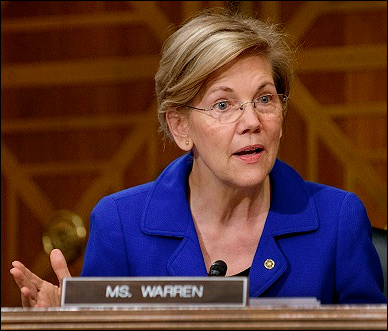By Jim Ellis
Sept. 30, 2019 — As expected, former California congressman, Darrell Issa (R), announced late last week that he will enter the state’s 50th District jungle primary against indicted Rep. Duncan Hunter (R-Alpine), but the candidate situation is getting so convoluted it is difficult to “tell the players without a scorecard.”
Attending the announcement event with Issa last week were two other announced contenders for the seat, former Escondido mayor, Sam Abed, and current El Cajon mayor, Bill Wells. As part of the Issa declaration, both men announced that they will not become official candidates when the filing period opens and instead endorsed the former congressman.
Earlier in the month, Temecula City councilman and former mayor, Matt Rahn, also said he was leaving the race after being the first to announce. He attributed his decision to the political situation surrounding Rep. Hunter and the other candidates and potential candidates as simply being too convoluted.
Within the past two weeks, state Sen. Brian Jones (R-Santee) announced that he will run for the congressional seat, thus adding even more confusion to the political picture. Because California’s state Senate seats are bigger than congressional districts, Jones already represents about 88 percent of the 50th CD. Prior to winning his Senate seat in 2018 (meaning he does not risk the position to run for Congress because he has a four-year term), Jones served his allotted three terms in the state assembly and two different tours on the Santee City council.
Two other Republicans also remain in the race. Carl DeMaio is a former San Diego City councilman, ex-mayoral and congressional candidate. He came close to being elected mayor in a special election when then-incumbent and former congressman, Bob Filner (D), was forced to resign over a sexual harassment scandal in 2013. He then ran for the 52nd CD in 2014 and lost 52-48 percent to incumbent Rep. Scott Peters (D-San Diego). He is now a local radio talk show host.


 By Jim Ellis
By Jim Ellis


